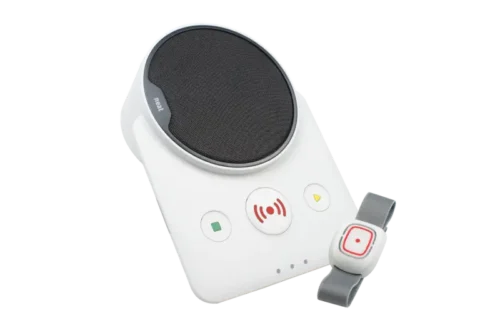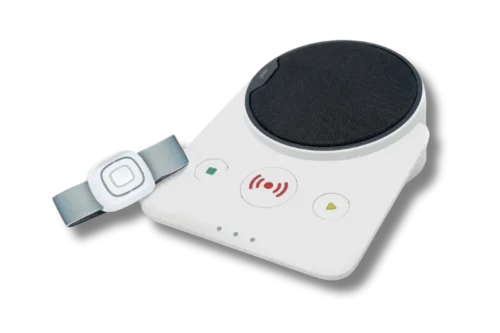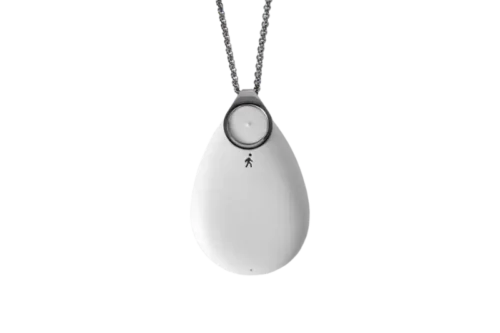O2 entered the careline industry last year to much fanfare. Understandably, there was much surprise within the telecare industry today when O2 announced it was to shut its mobile careline service.
Branded Help at Hand, the idea of the service was to provide a careline facility with the ability to have the same level of 24/7 monitoring when an individual was out of their home via its GPS mobile phone unit. Their strapline “Care comes First” has no doubt left users bewildered.
Sadly, the demise of Help at Hand though is no surprise to us at Telecare24. What went so badly wrong?
In theory, this was a brilliant way to help many gain independence. The slick marketing videos highlighted younger users with varying medical conditions that were able to live more normally with a Help at Hand device. Everyone needs a mobile device surely?
As stated in previous blogs, generally the number of consumers that are aware of telecare or careline services is generally limited to those who have elderly relatives who have required one after an incident or an operation. So the chances that the average consumer would grasp exactly what Help at Hand was out to achieve was remote at best. It is far from a retail type service, something that O2 clearly failed to grasp.
Some two years prior to O2 launching the Help at Hand Service, Telecare24 ran a pilot scheme with the very same device – although then it was branded SmartlinQ. Unfortunately, the device failed to live up to both ours and our client users expectations and we decided to not provide it as a product.
O2 went to great lengths to ensure the service was readily available across most of their retail shops in the UK, something we would applaud them for. However, in our experience, people visit mobile phone shops to get the latest handset or the best deal on their mobile phone tariff. It’s not the natural place to go for a telecare or careline service.
When people require a lifeline or careline service, it’s normally for a precious loved one and they want to go a provider who specialises in delivering that kind of service. After all, they are entrusting the life of that person to that careline provider. Is a slick mobile phone salesman really the right person to sell such a service?
Help at Hand also suffered from a practical point of view. Many hailed the Help at Hand device perfect for dementia patients. However, the device is actually quite complicated to use for someone with dementia and the client user, of course, has to remember to take it with them whenever they went out, a real potential problem for dementia sufferers. When you throw in geofencing, snail trials and lots of other unfamiliar terms, prospective clients would have just shied away.
Sadly, no matter how hard O2 tried to dress up the Help at Hand service, prospective clients viewed them as a mobile phone company – not a healthcare provider. This is perhaps a stark warning shot to other telecom providers who are also sniffing around the telecare/telehealth market place for a piece of the ever expanding pie.
So where to go from here? Well, technology advances very fast and there will certainly be devices available on the market soon that can offer monitoring in and out of the home and Telecare24 is constantly looking for new and exciting products that we see would improve our portfolio. Sadly, the Help at Hand device was not one of them.



